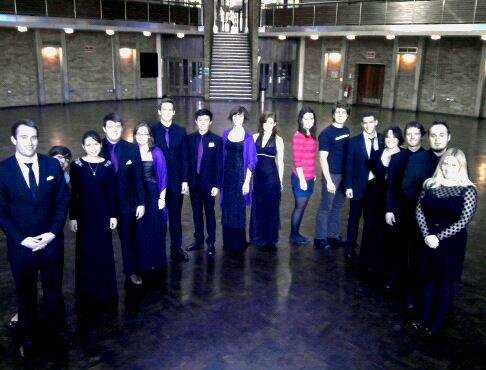Students from the University of Kent had the opportunity to work with one of the country’s leading composers last week; composer Paul Patterson was in attendance at the University Chamber Choir concert in Canterbury Cathedral Crypt last Friday, to hear the Choir perform his sacred motet Salvum Fac Populum Tuum Domine, and earlier in the afternoon came to the rehearsal to work on his piece with the Choir.
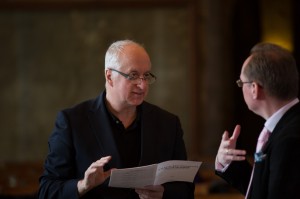 Born in 1947, Paul Patterson was a pupil of Elisabeth Lutyens and Richard Rodney Bennett. He is currently Manson Professor of Composition at the Royal Acadmey of Music. Major compositions include his Mass of the Sea (1983), Stabat Mater (1986), Te Deum (1988), Magnificat (1993), Hell’s Angels (1998) and the Millennium Mass (2000).
Born in 1947, Paul Patterson was a pupil of Elisabeth Lutyens and Richard Rodney Bennett. He is currently Manson Professor of Composition at the Royal Acadmey of Music. Major compositions include his Mass of the Sea (1983), Stabat Mater (1986), Te Deum (1988), Magnificat (1993), Hell’s Angels (1998) and the Millennium Mass (2000).
Time Piece (1972), was written for the King’s Singers, and has been performed extensively ever since as a staple part of their repertoire. His Cracowian Counterpoints (1977) was toured worldwide by the London Sinfonietta, and the phenomenally-successful Little Red Riding Hood and Three Little Pigs continue to be performed. In 1997, in celebration of his 50th birthday, he was the featured composer on BBC Radio 3’s long-running series ‘Composer of the Week.’ He has also been Artistic Director of the Exeter Festival (1991-97), and Composer-in-Residence of the National Youth Orchestra of Great Britain (1997-2010).
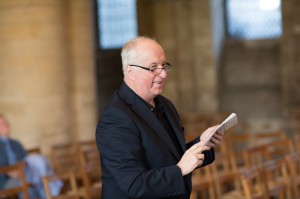 It was a wonderful opportunity for the students to work with someone of Paul’s calibre. A major figure on the British music landscape, the chance to work with him was a great privilege. Paul leads a hectic life following his music being performed all over the world (he was recently in Holland attending a concert combining his Magnificat with works by Eric Whitacre, and is shortly off to Denmark), and we are tremendously grateful that he found the time to come to the concert, and to be a part of the rehearsal earlier in the day.
It was a wonderful opportunity for the students to work with someone of Paul’s calibre. A major figure on the British music landscape, the chance to work with him was a great privilege. Paul leads a hectic life following his music being performed all over the world (he was recently in Holland attending a concert combining his Magnificat with works by Eric Whitacre, and is shortly off to Denmark), and we are tremendously grateful that he found the time to come to the concert, and to be a part of the rehearsal earlier in the day.
Here is the Choir in the Crypt in the afternoon, working with Paul, together with Yours Truly and fourth-year student Matt Bamford rehearsing.
Images © Matt Wilson / University of Kent
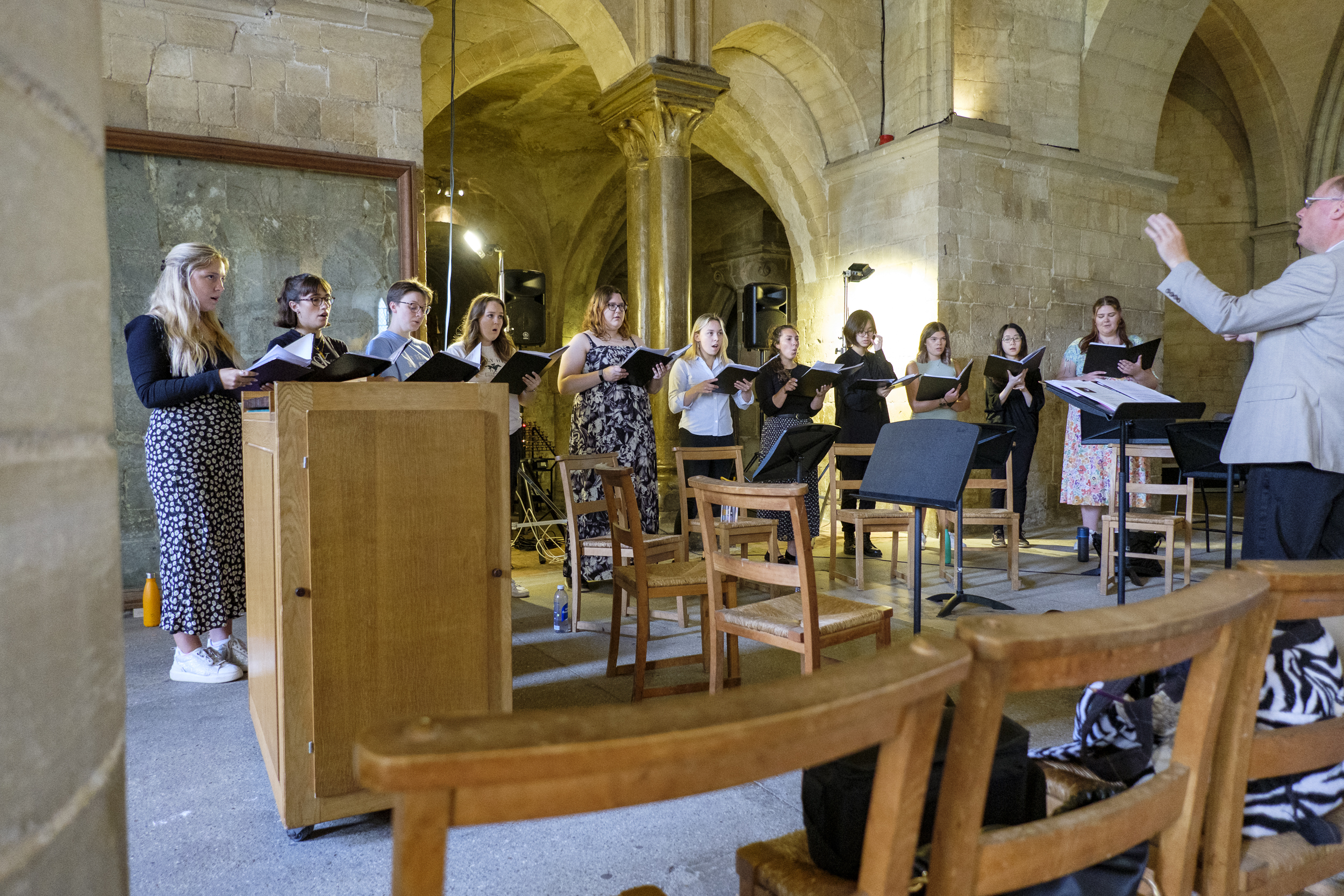
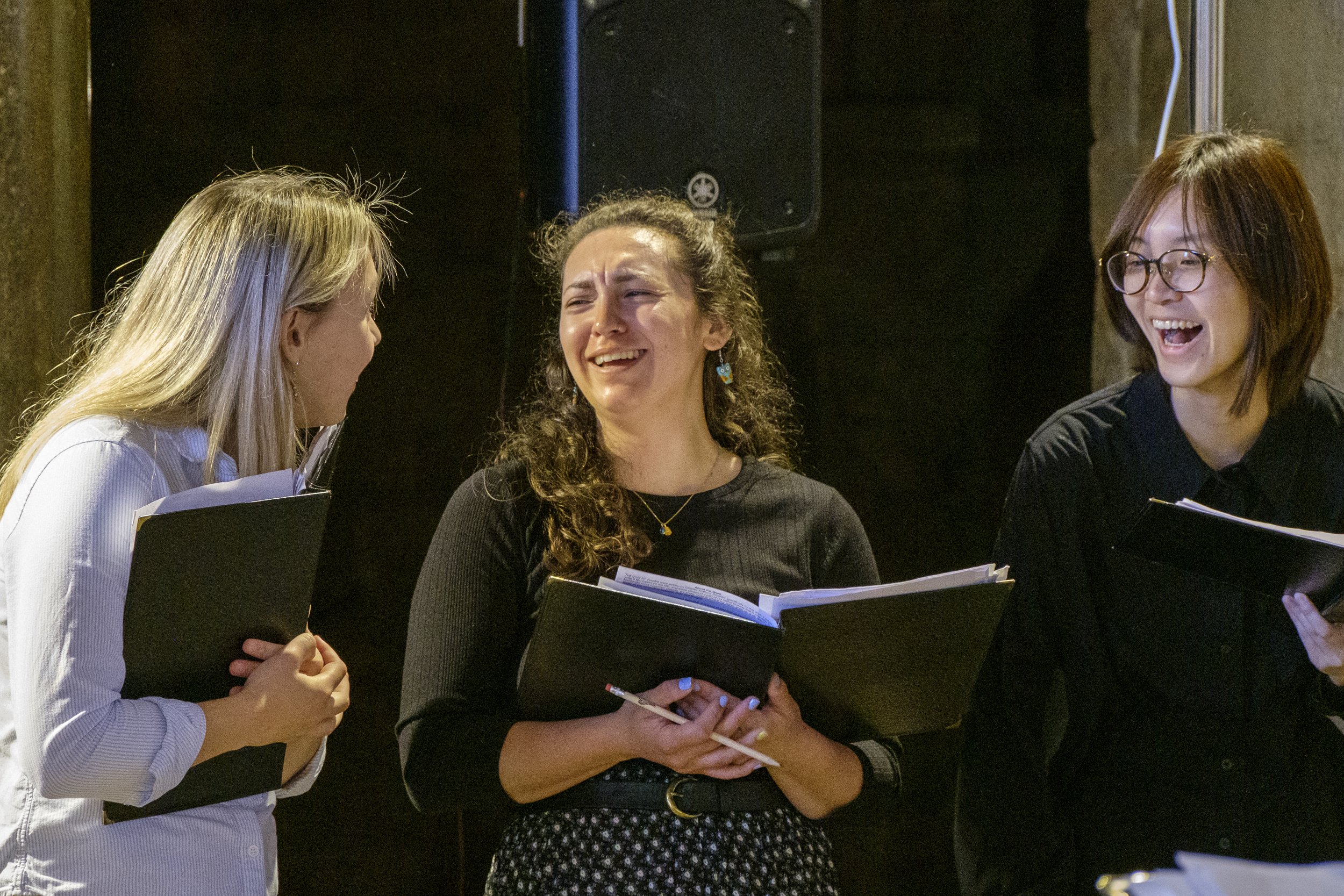
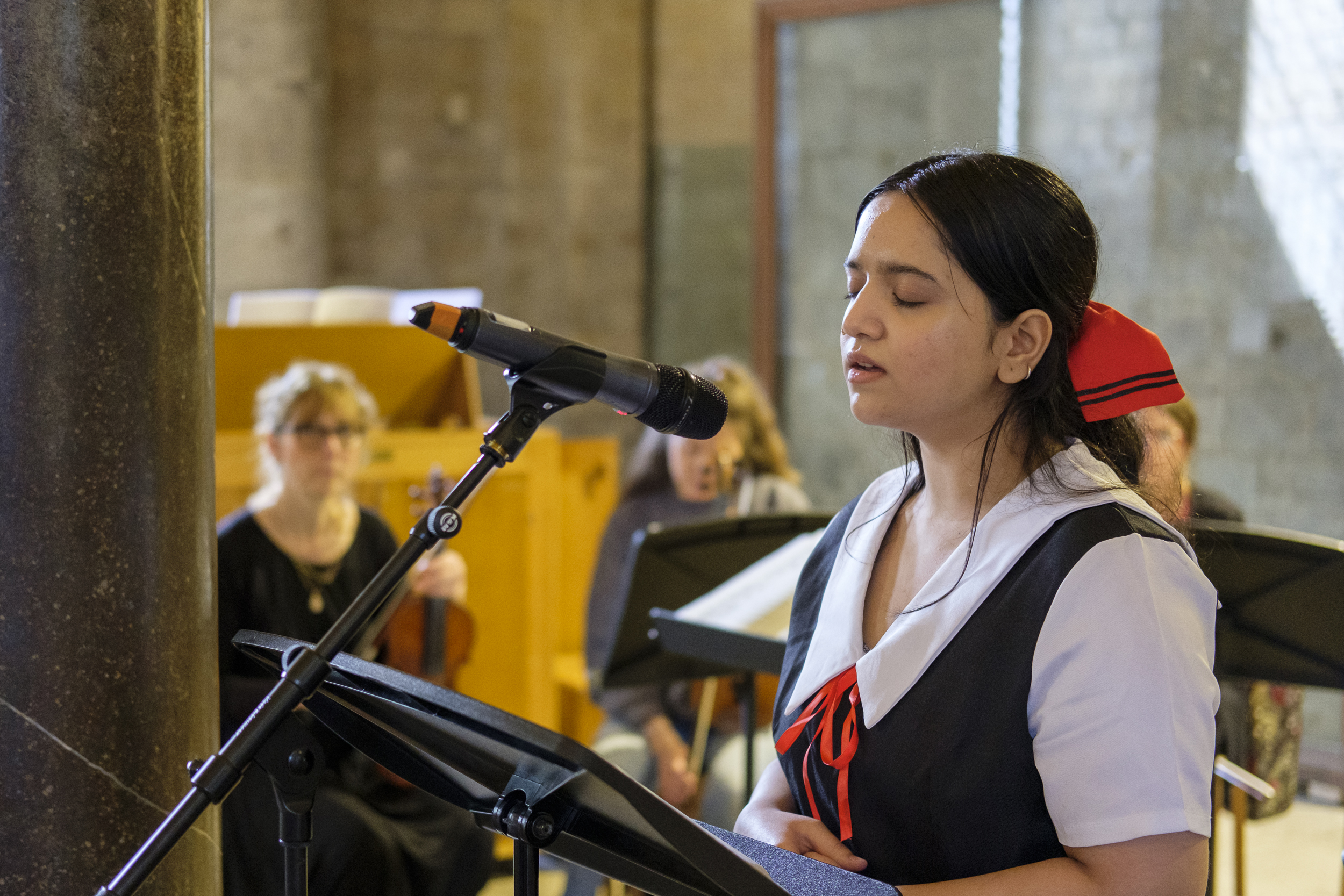
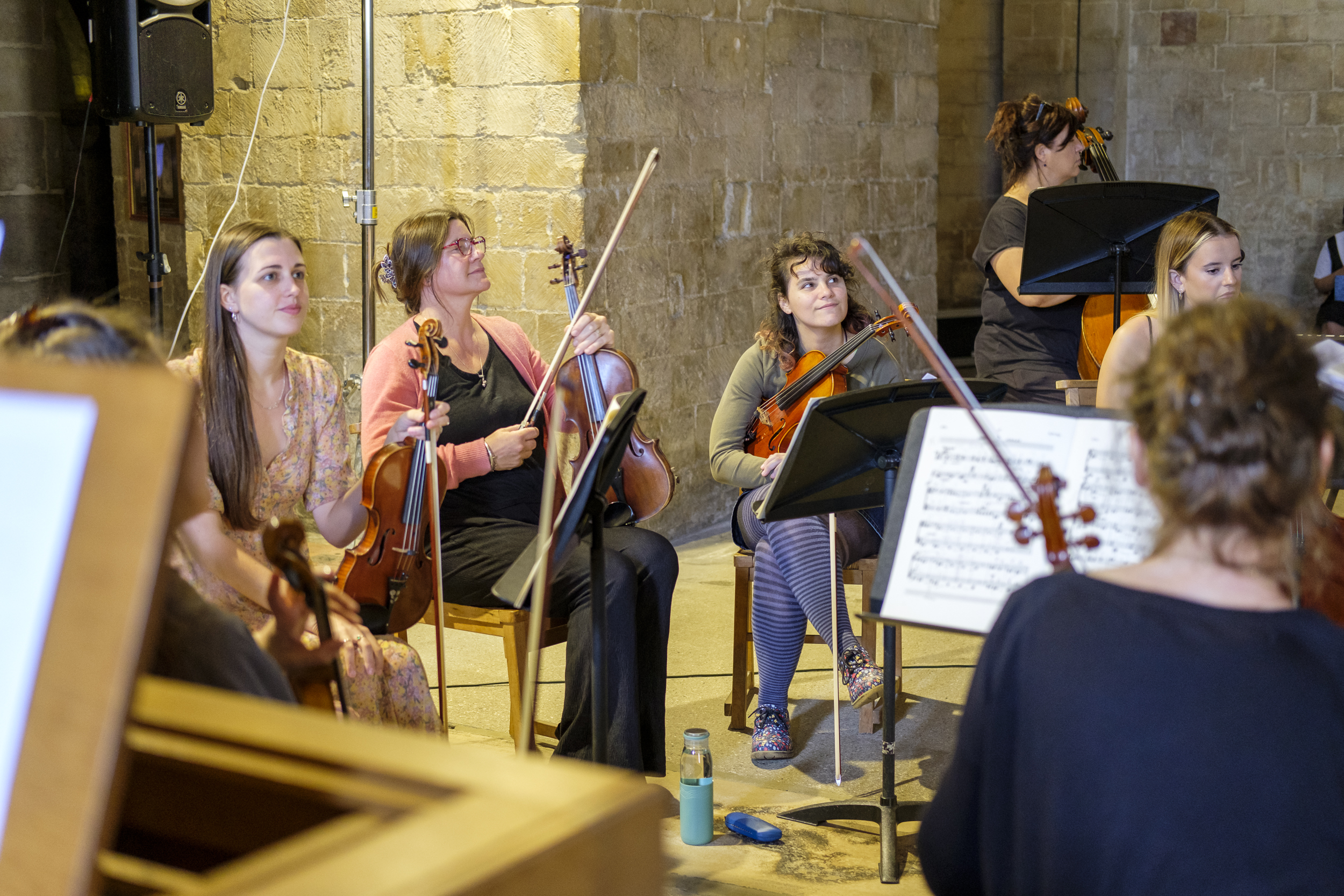
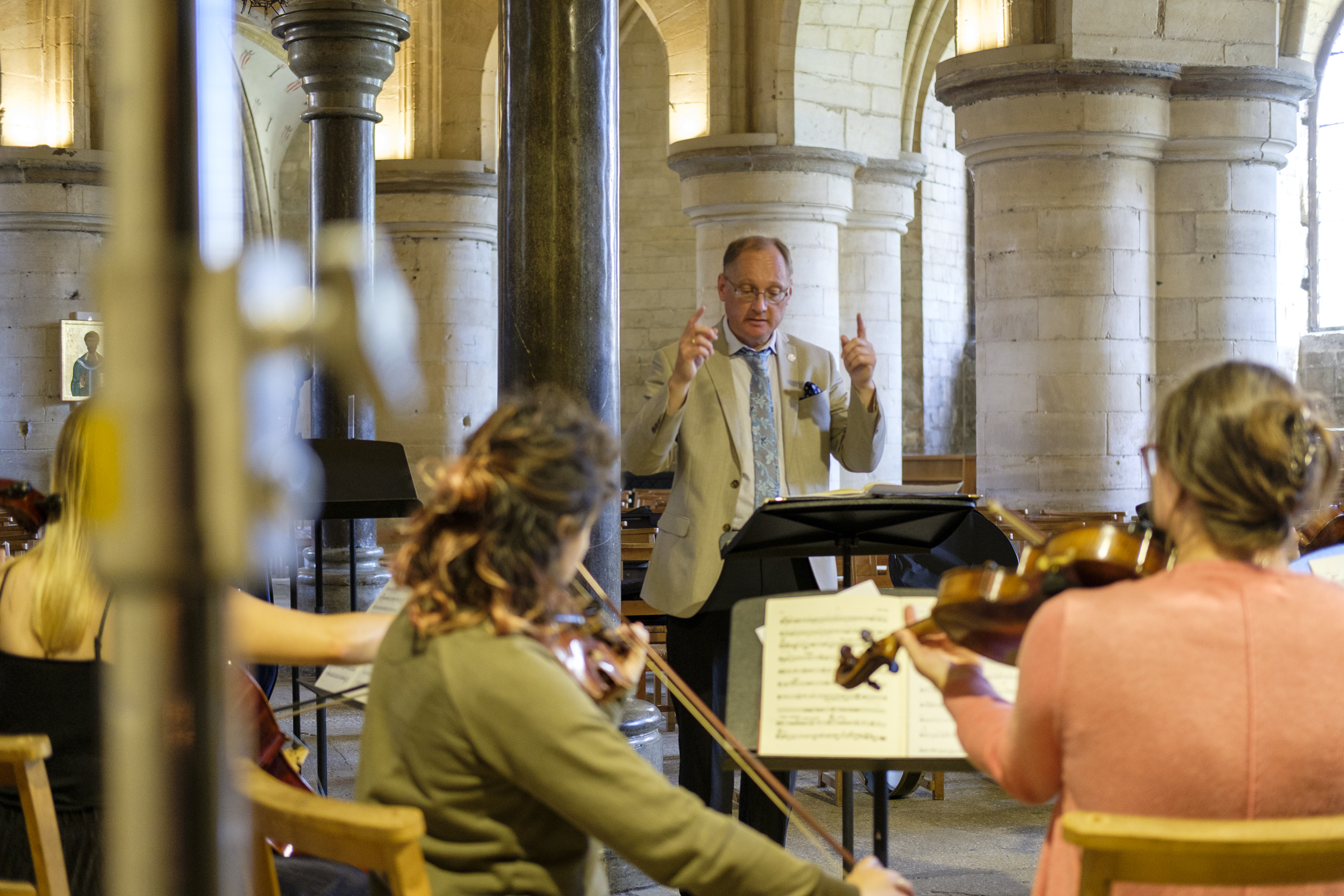
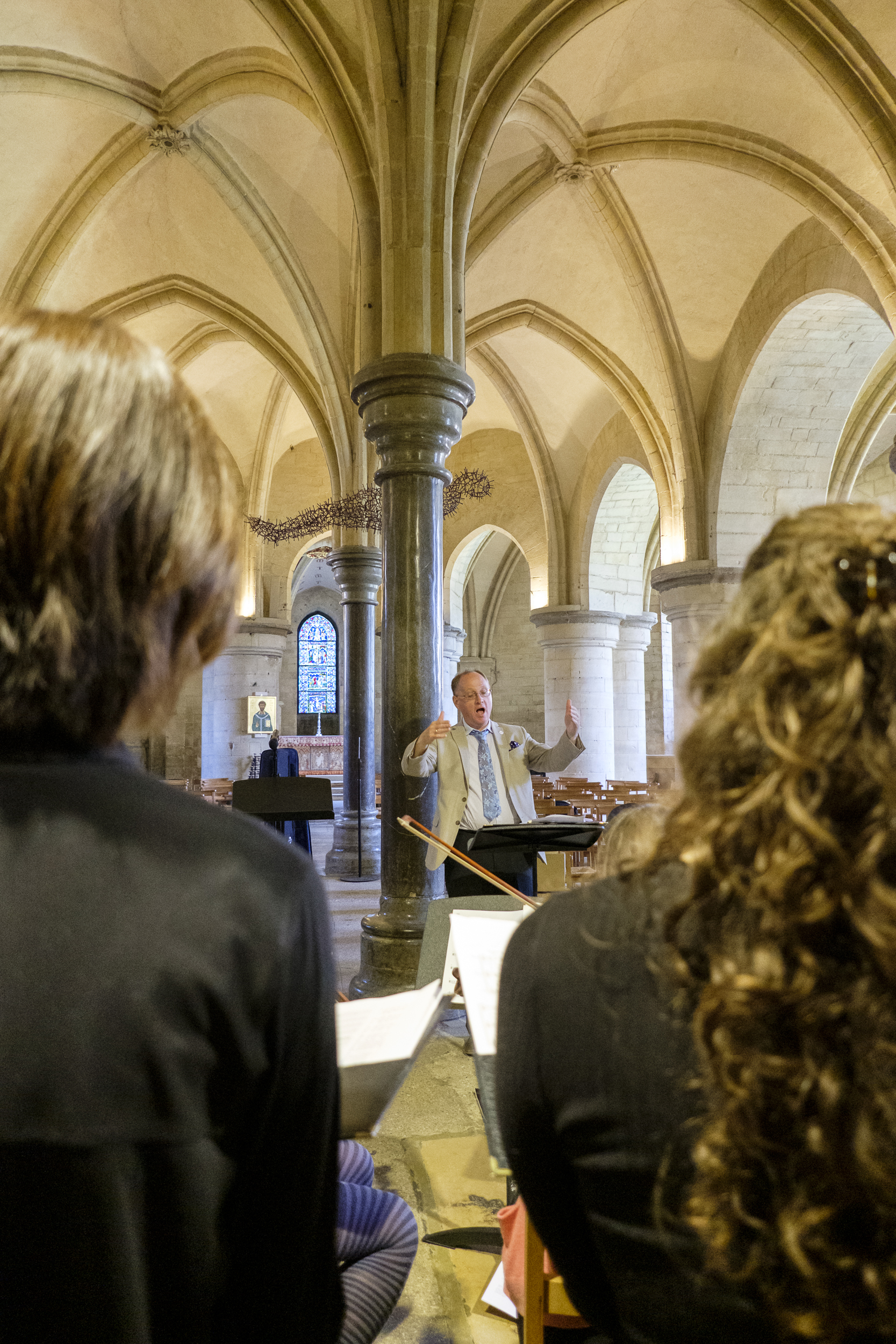
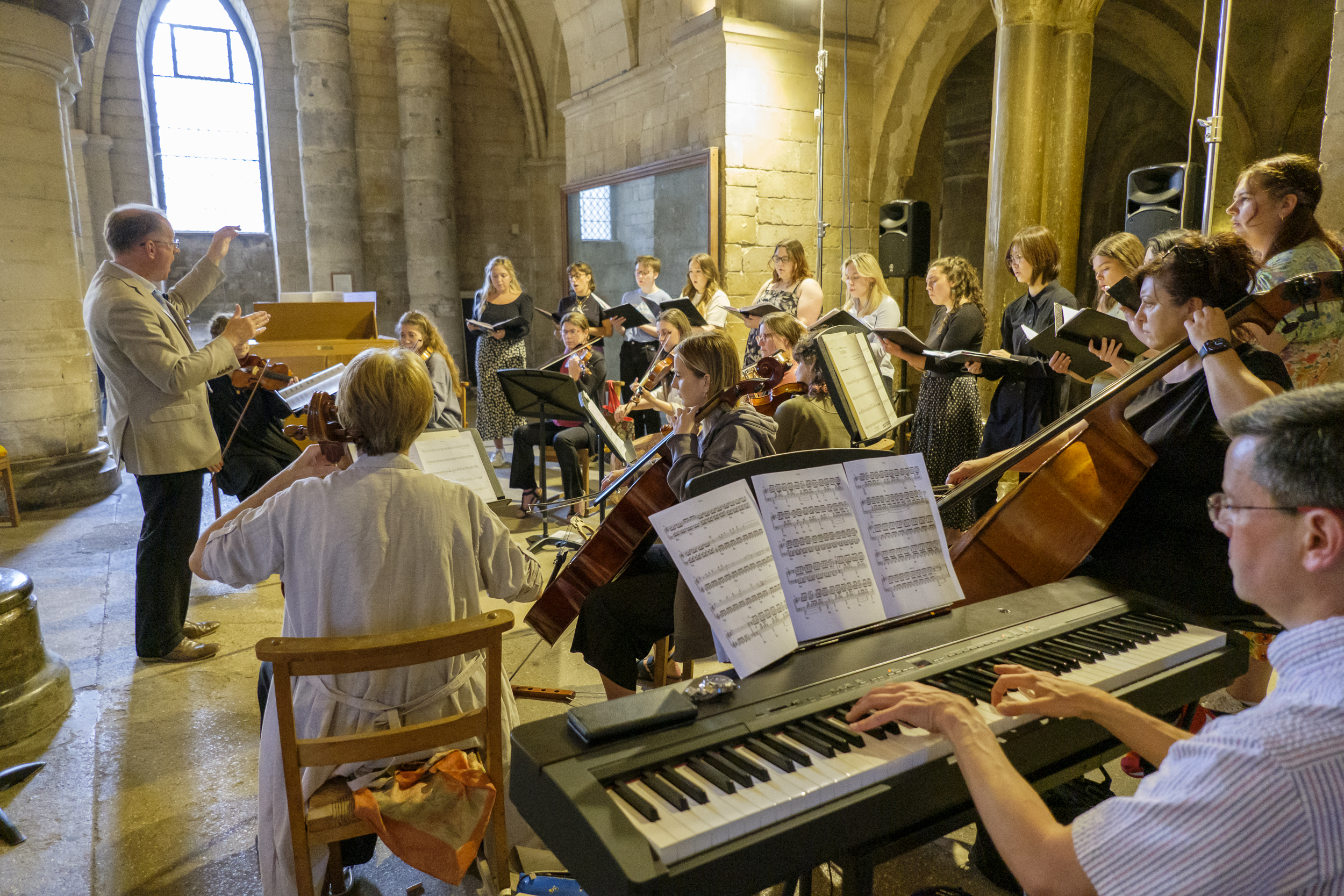
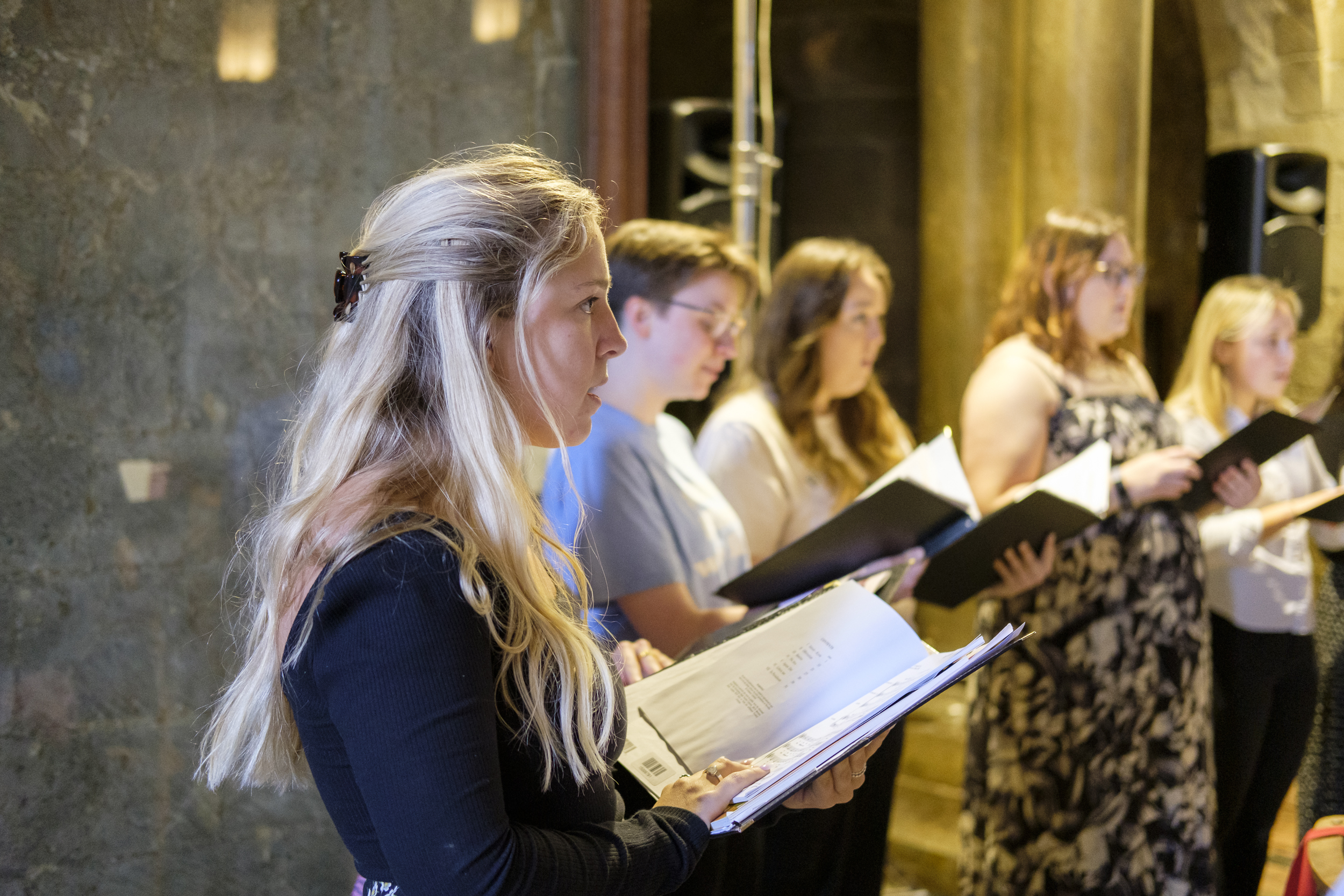
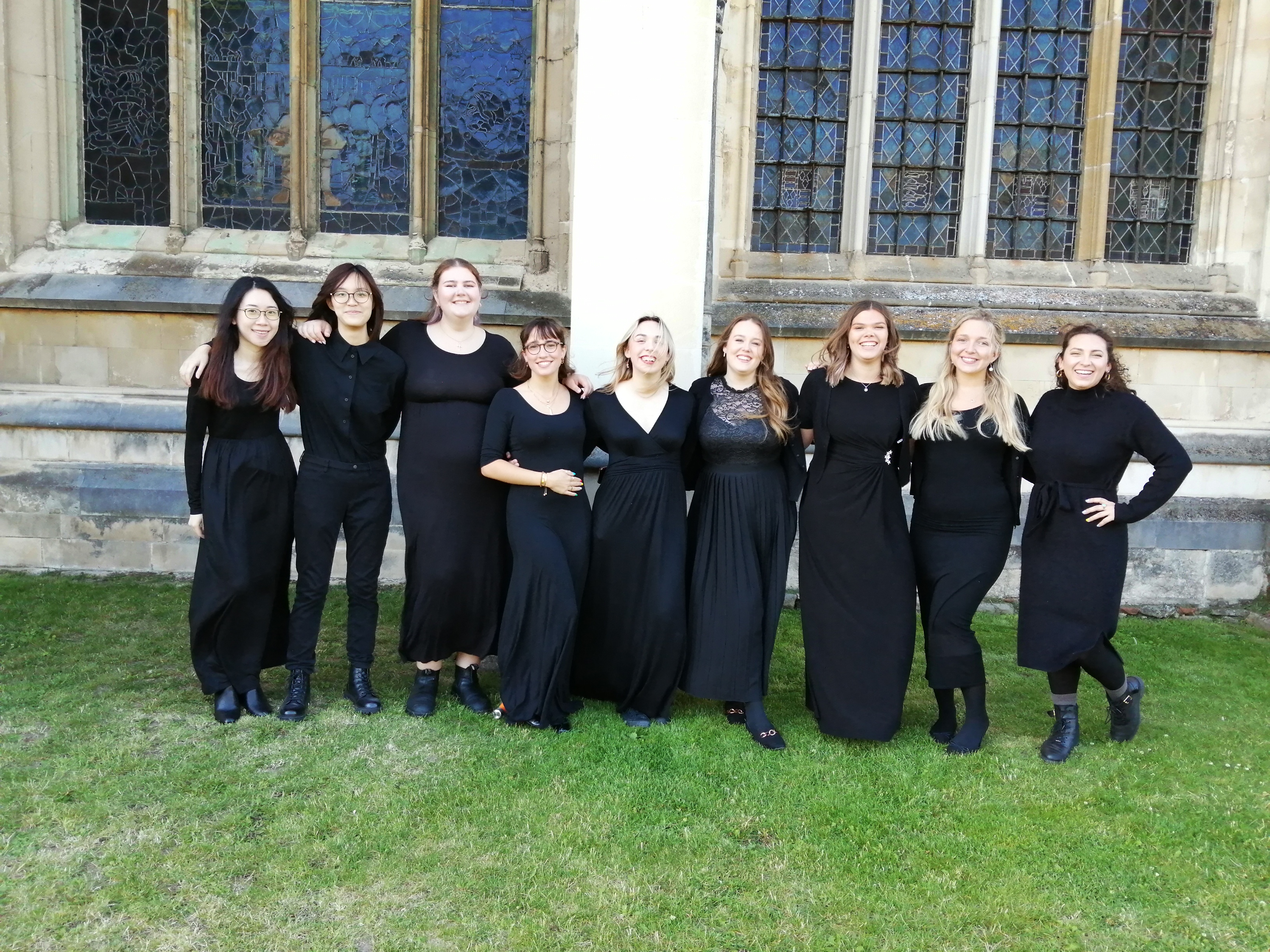
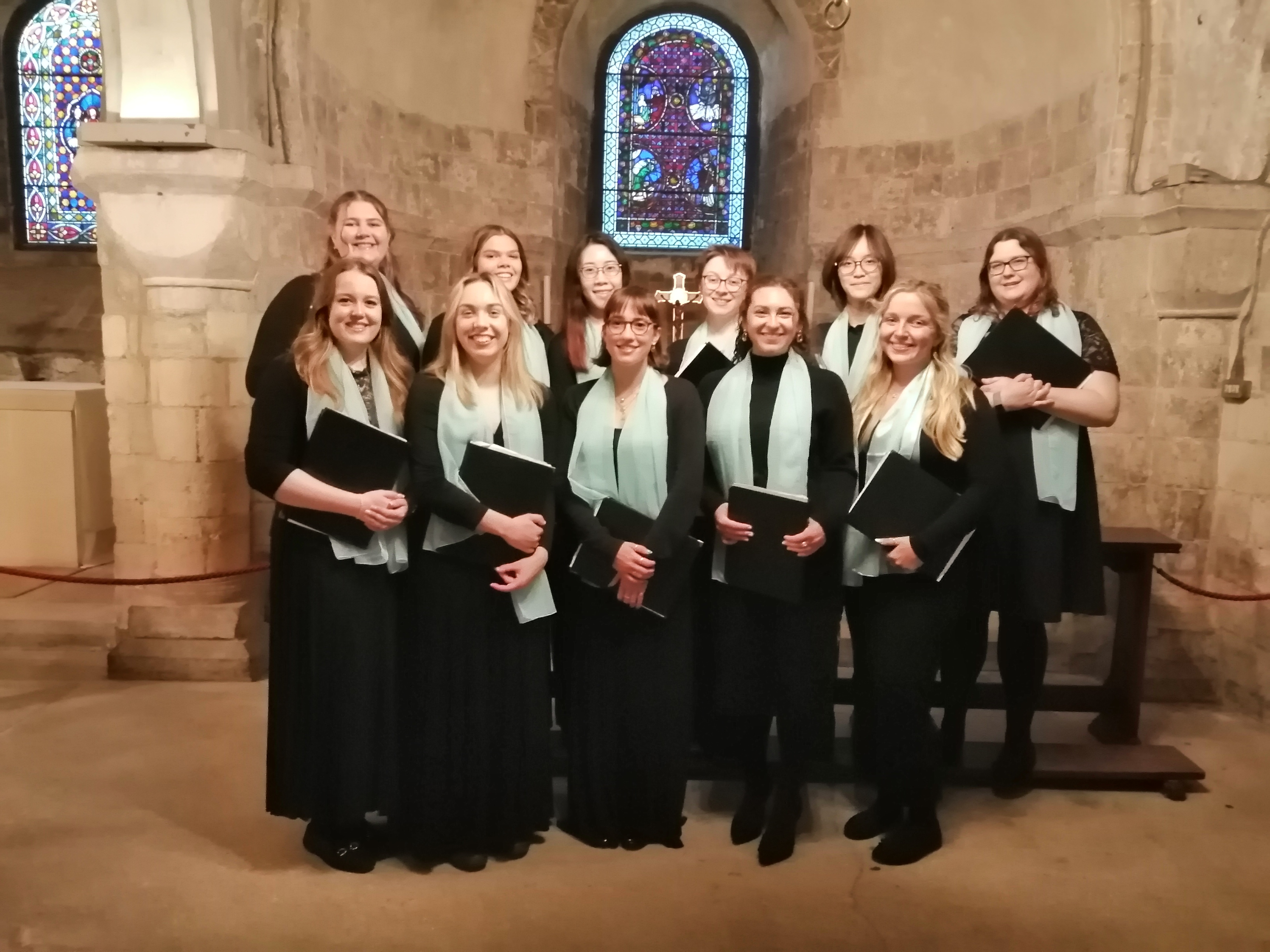


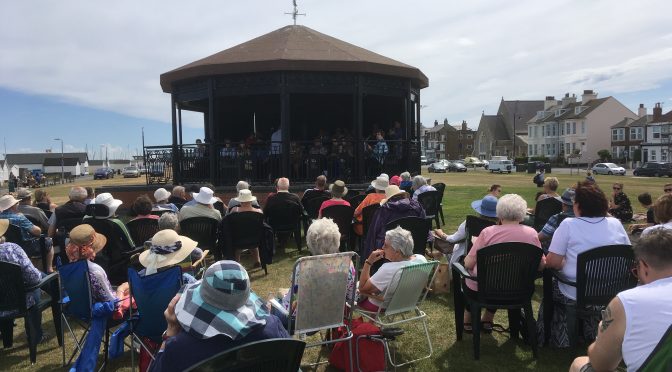
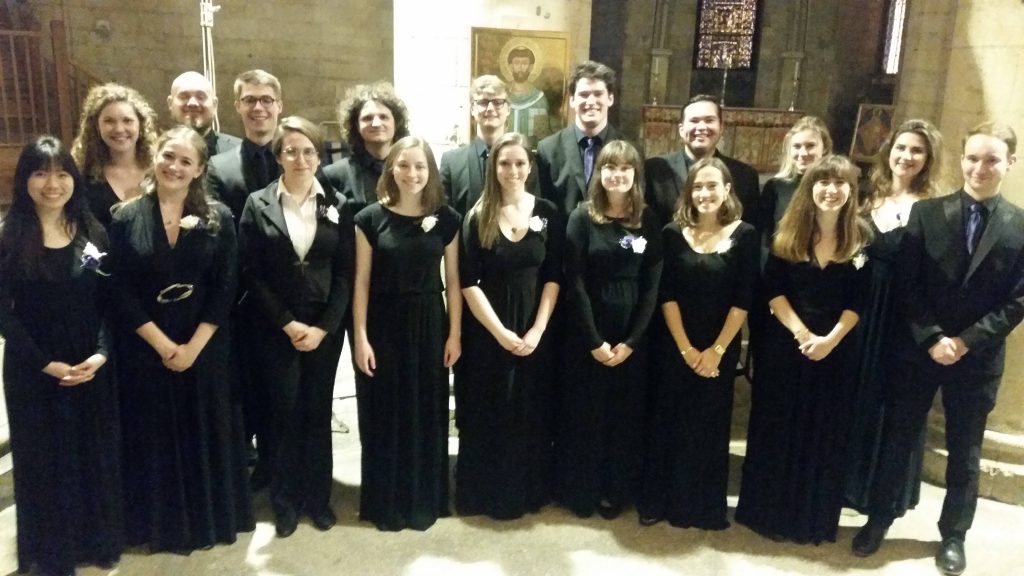 On Friday, the University Chamber Choir and Consort gave an electrifying concert in the Crypt of Canterbury Cathedral, for which they were joined by composer and violinist Anna Phoebe in three evocative movements from Anna’s Between Worlds, an exploration of music and science that receives its full premiere later this week. Second-year student Hannah Ost led the choir in a piece in the first half as part of a wide-ranging programme that received huge applause from a packed crypt audience.
On Friday, the University Chamber Choir and Consort gave an electrifying concert in the Crypt of Canterbury Cathedral, for which they were joined by composer and violinist Anna Phoebe in three evocative movements from Anna’s Between Worlds, an exploration of music and science that receives its full premiere later this week. Second-year student Hannah Ost led the choir in a piece in the first half as part of a wide-ranging programme that received huge applause from a packed crypt audience.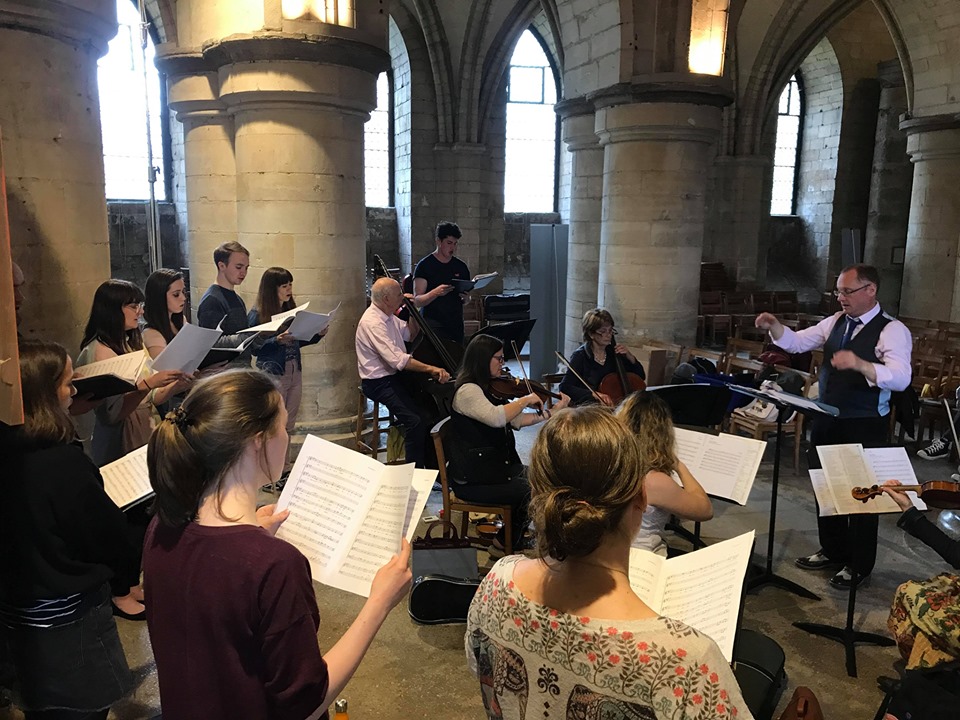
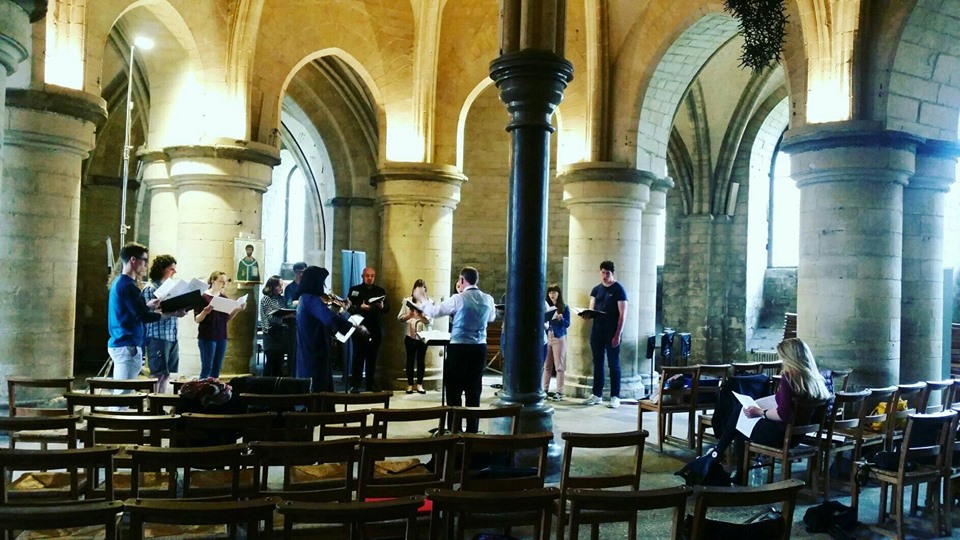 And yesterday, conductor Ian Swatman bravely headed out to the seaside with the University Big Band, to entertain a Sunday crowd at the Memorial Bandstand at Deal, including guest vocal appearances from final-year student Fleur Sumption and first-year Elle Soo. Sea, sunshine and swing – perfect conditions for a perfect day.
And yesterday, conductor Ian Swatman bravely headed out to the seaside with the University Big Band, to entertain a Sunday crowd at the Memorial Bandstand at Deal, including guest vocal appearances from final-year student Fleur Sumption and first-year Elle Soo. Sea, sunshine and swing – perfect conditions for a perfect day.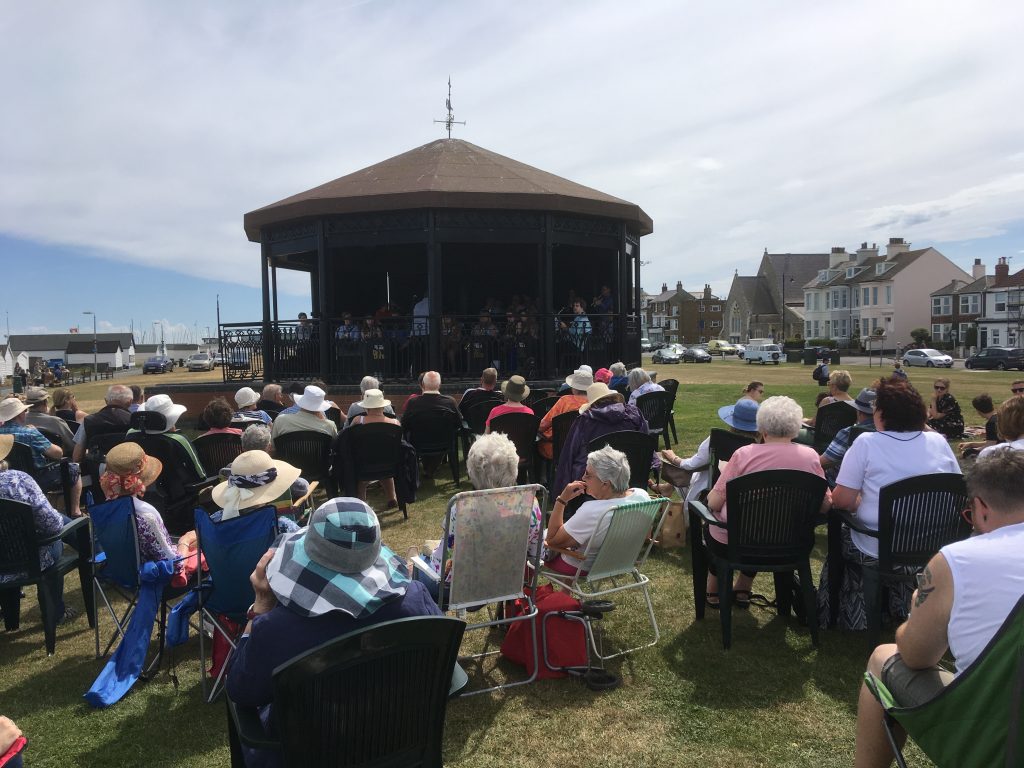 Well done to everyone involved; Day Three of Summer Music Week today features the University Rock Choir in action. Find out all that’s going on throughout the week here.
Well done to everyone involved; Day Three of Summer Music Week today features the University Rock Choir in action. Find out all that’s going on throughout the week here.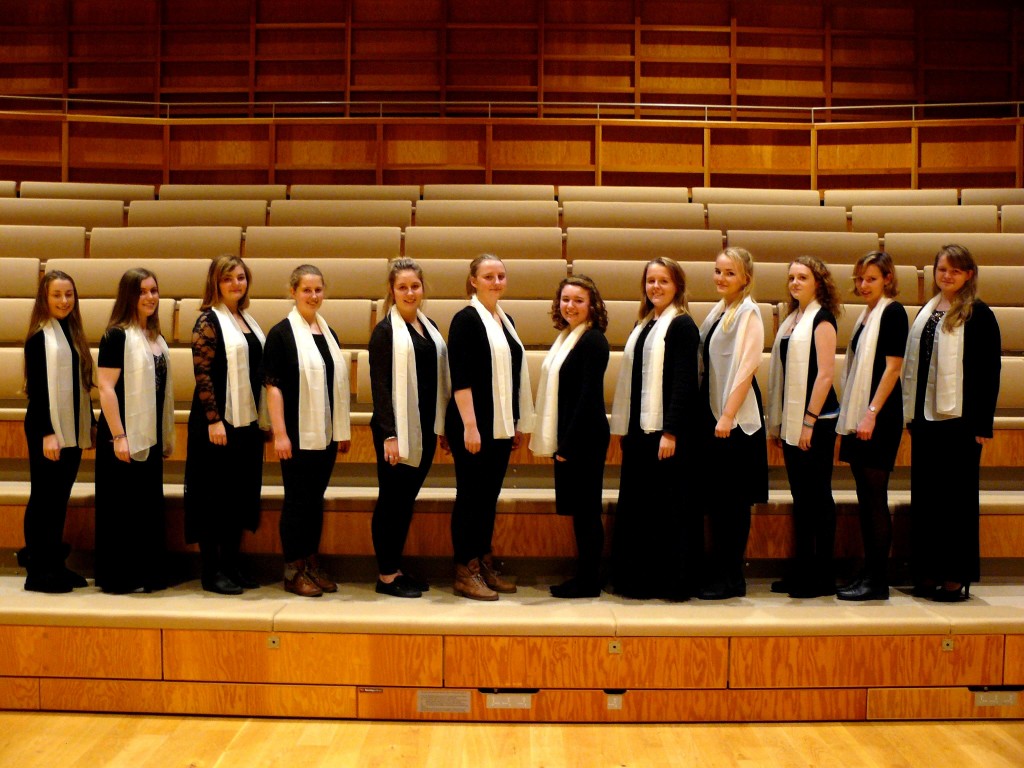 Fresh from its concert at Studio 3 Gallery last week, the University’s auditioned upper-voices chamber choir will bring the Crypt to shimmering life on Friday 26 February with Vivaldi’s masterpiece, in a programme that also explores repertoire from the medieval to the present day. The first half of the concert will include works by Hildegard von Bingen, Mozart and Brahms, as well as Veljo Tormis’ filigree Spring Sketches and Bob Chilcott’s radiantly colourful Song of the Stars. It’s a terrific opportunity to hear Vivaldi’s radiant, celebratory Gloria in an upper-voices edition which may well have been familiar to audiences during Vivaldi’s lifetime, written as it was for the young voices of the Ospedale della Pietà in Venice.
Fresh from its concert at Studio 3 Gallery last week, the University’s auditioned upper-voices chamber choir will bring the Crypt to shimmering life on Friday 26 February with Vivaldi’s masterpiece, in a programme that also explores repertoire from the medieval to the present day. The first half of the concert will include works by Hildegard von Bingen, Mozart and Brahms, as well as Veljo Tormis’ filigree Spring Sketches and Bob Chilcott’s radiantly colourful Song of the Stars. It’s a terrific opportunity to hear Vivaldi’s radiant, celebratory Gloria in an upper-voices edition which may well have been familiar to audiences during Vivaldi’s lifetime, written as it was for the young voices of the Ospedale della Pietà in Venice.
 Born in 1947, Paul Patterson was a pupil of Elisabeth Lutyens and Richard Rodney Bennett. He is currently Manson Professor of Composition at the Royal Acadmey of Music. Major compositions include his Mass of the Sea (1983), Stabat Mater (1986), Te Deum (1988), Magnificat (1993), Hell’s Angels (1998) and the Millennium Mass (2000).
Born in 1947, Paul Patterson was a pupil of Elisabeth Lutyens and Richard Rodney Bennett. He is currently Manson Professor of Composition at the Royal Acadmey of Music. Major compositions include his Mass of the Sea (1983), Stabat Mater (1986), Te Deum (1988), Magnificat (1993), Hell’s Angels (1998) and the Millennium Mass (2000). It was a wonderful opportunity for the students to work with someone of Paul’s calibre. A major figure on the British music landscape, the chance to work with him was a great privilege. Paul leads a hectic life following his music being performed all over the world (he was recently in Holland attending a concert combining his Magnificat with works by Eric Whitacre, and is shortly off to Denmark), and we are tremendously grateful that he found the time to come to the concert, and to be a part of the rehearsal earlier in the day.
It was a wonderful opportunity for the students to work with someone of Paul’s calibre. A major figure on the British music landscape, the chance to work with him was a great privilege. Paul leads a hectic life following his music being performed all over the world (he was recently in Holland attending a concert combining his Magnificat with works by Eric Whitacre, and is shortly off to Denmark), and we are tremendously grateful that he found the time to come to the concert, and to be a part of the rehearsal earlier in the day.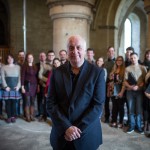
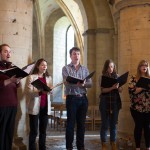
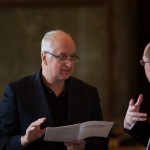
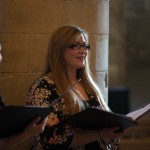
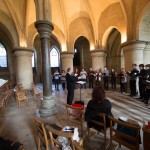
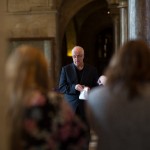
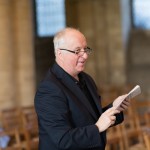
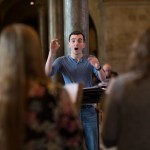
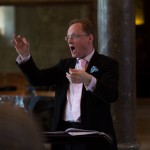
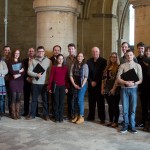
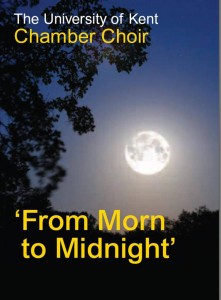 On Friday 24 February, the Chamber Choir will present From Morn to Midnight, an evocative programme exploring the differing colours in a single day. In a blend of sacred and secular pieces, and including works for solo piano by Chopin and Liszt, the programme moves from Eric Barnum’s Dawn to Eric Whitacre’s Sleep. There are also works by Vaughan Williams, Saint-Saëns and Brahms, Italian madrigals, Elizabethan part-songs and plainsong.
On Friday 24 February, the Chamber Choir will present From Morn to Midnight, an evocative programme exploring the differing colours in a single day. In a blend of sacred and secular pieces, and including works for solo piano by Chopin and Liszt, the programme moves from Eric Barnum’s Dawn to Eric Whitacre’s Sleep. There are also works by Vaughan Williams, Saint-Saëns and Brahms, Italian madrigals, Elizabethan part-songs and plainsong.